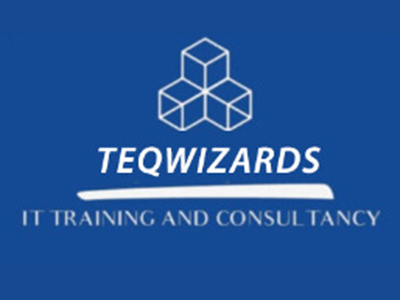DevOps Master Course: Unlocking the Future of Software Development
- Home
- /
- DevOps Master Course
The DevOps Master Course is a comprehensive training program designed to equip IT professionals with the skills and knowledge needed to master DevOps principles, tools, and best practices. As organizations continue to adopt DevOps to enhance software development and IT operations, this course provides a pathway to becoming a highly sought-after DevOps expert.

Why is the DevOps Master Course Important?
The demand for DevOps professionals has skyrocketed as businesses strive to achieve faster software delivery, automation, and continuous integration/continuous deployment (CI/CD). This course helps professionals bridge the gap between development and operations, ensuring smooth collaboration, improved efficiency, and high software reliability. It is ideal for those aiming for roles such as DevOps Engineer, Site Reliability Engineer (SRE), and Cloud Architect.
What Does the Course Cover?
The DevOps Master Course offers in-depth training on key DevOps practices and tools, including:
- DevOps fundamentals – Understanding the DevOps culture, Agile methodologies, and CI/CD pipelines.
- Configuration management – Working with Ansible, Puppet, and Chef.
- Containerization and orchestration – Mastering Docker and Kubernetes.
- CI/CD implementation – Using Jenkins, GitHub Actions, and GitLab CI/CD.
- Infrastructure as Code (IaC) – Automating deployments with Terraform and AWS
CloudFormation. - Monitoring and logging – Utilizing Prometheus, Grafana, and ELK Stack.
- Cloud computing – Managing cloud services on AWS, Azure, and Google Cloud.
Who Should Take This Course?
The DevOps Master Course is suitable for:
- Software Developers looking to enhance their deployment and automation skills.
- System Administrators transitioning to cloud and DevOps roles.
- IT Operations and Support Engineers aiming to optimize workflows.
- Cloud Engineers seeking expertise in DevOps tools and methodologies.
How to Prepare?
To excel in the DevOps Master Course, candidates should:
- Have a basic understanding of Linux, networking, and scripting.
- Gain hands-on experience with Git, Docker, and Kubernetes.
- Work on real-world projects and case studies to apply DevOps practices.
- Utilize online labs and cloud-based environments for practice.
Career Benefits
Completing the DevOps Master Course significantly boosts career prospects. Certified professionals can secure high-paying roles, with salaries ranging from $100,000 to $150,000 per year. Additionally, DevOps expertise is essential for modern cloud-based architectures, making it a valuable skill for future-proofing a career in IT.
